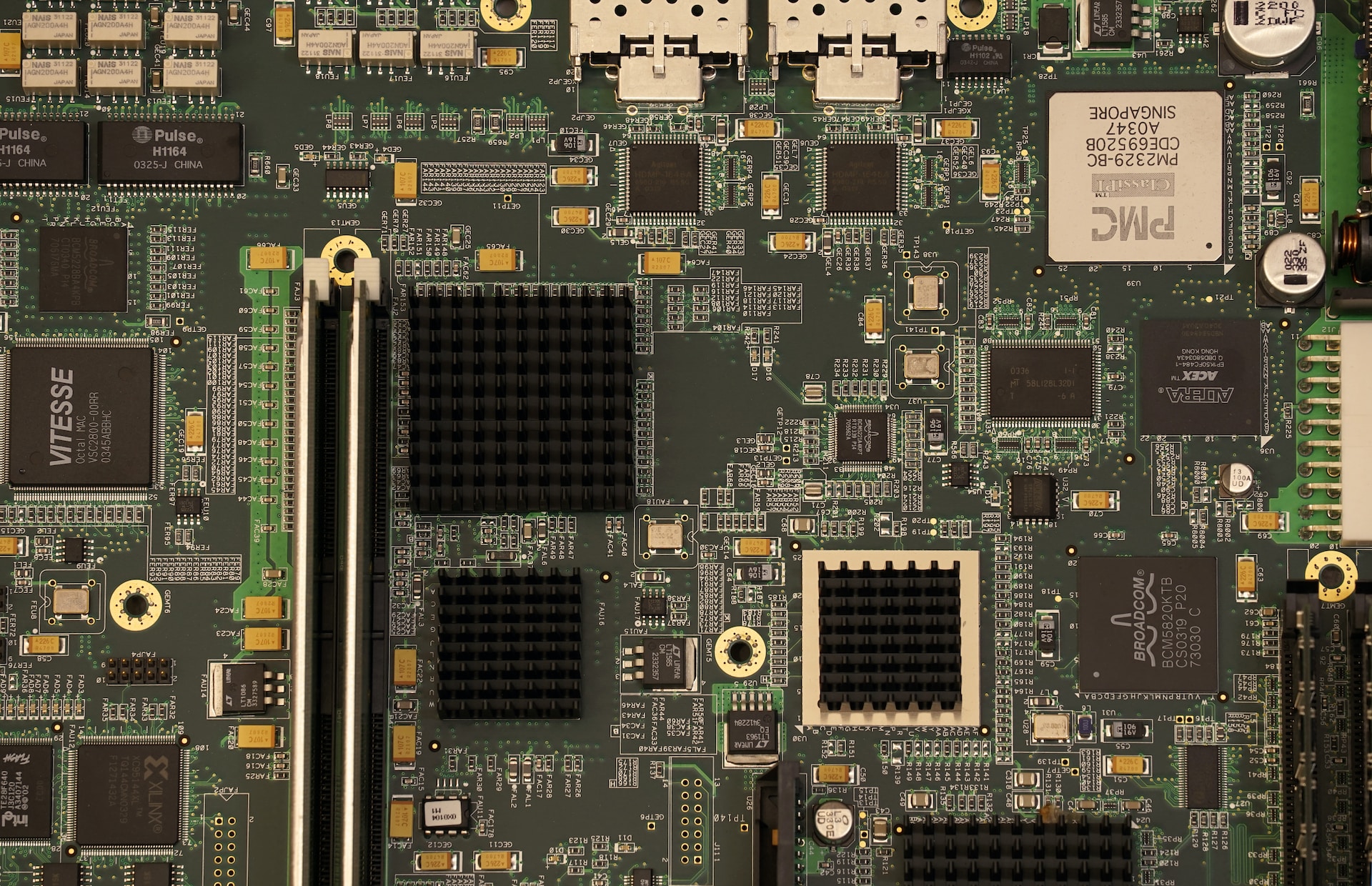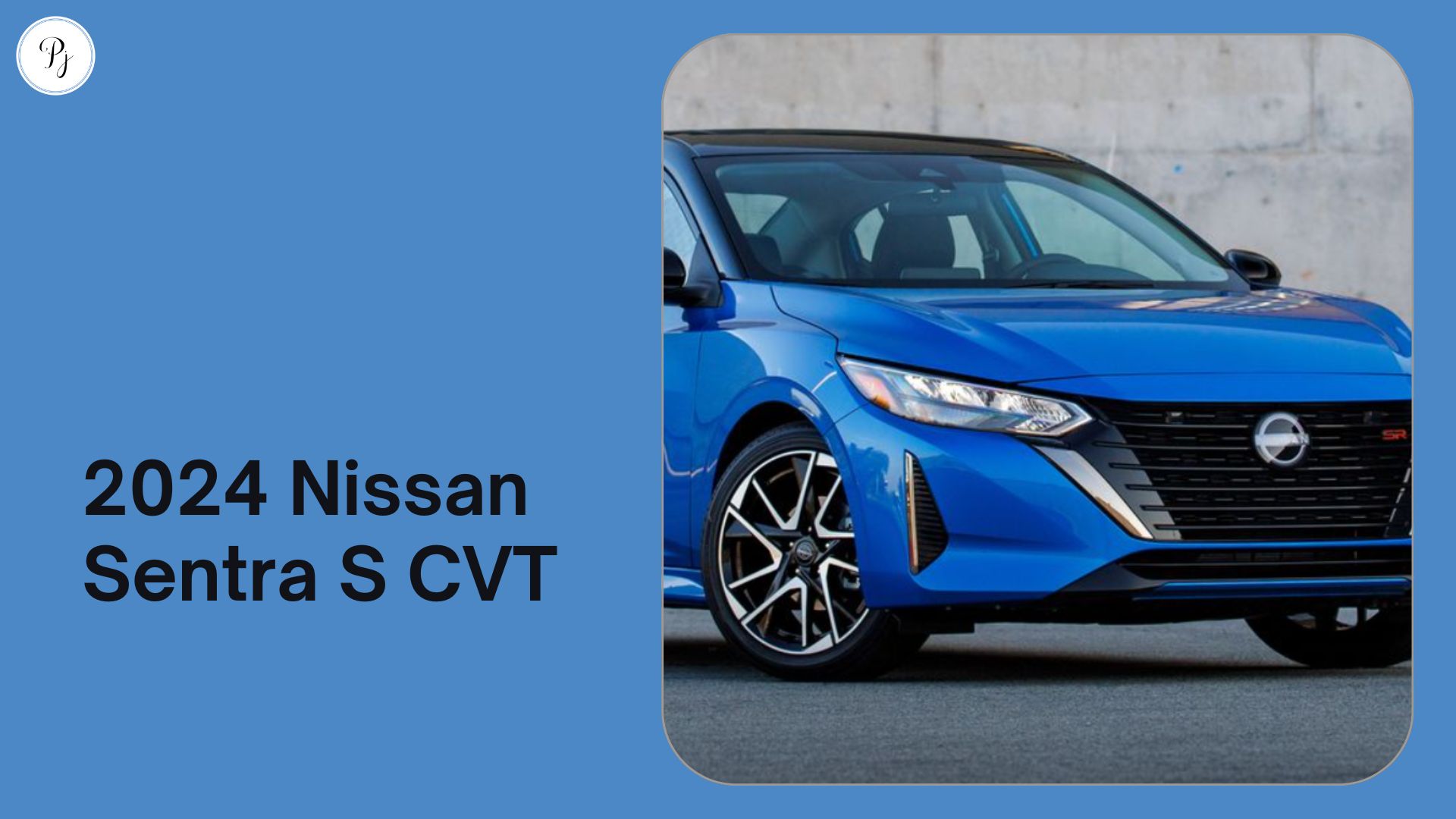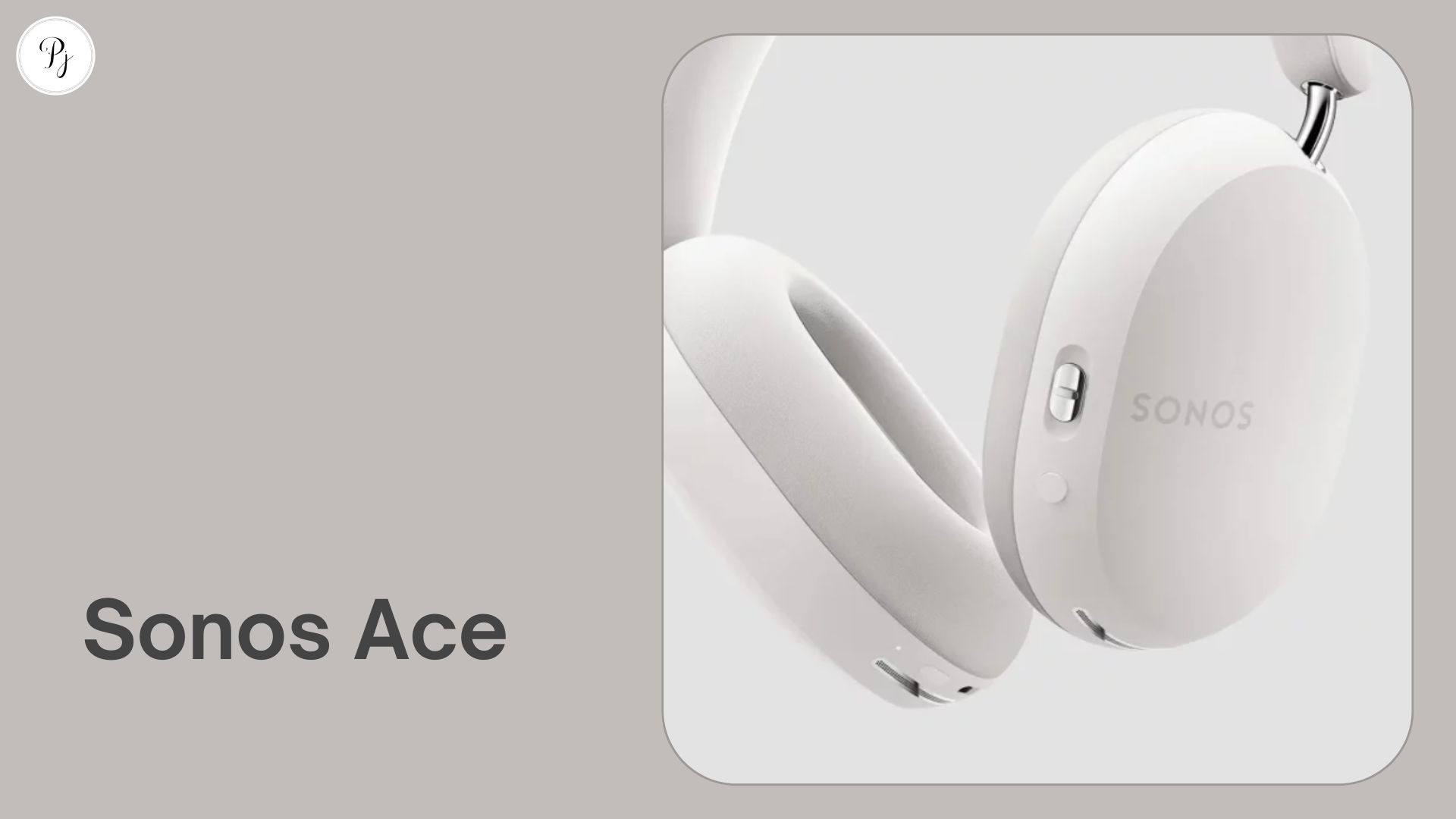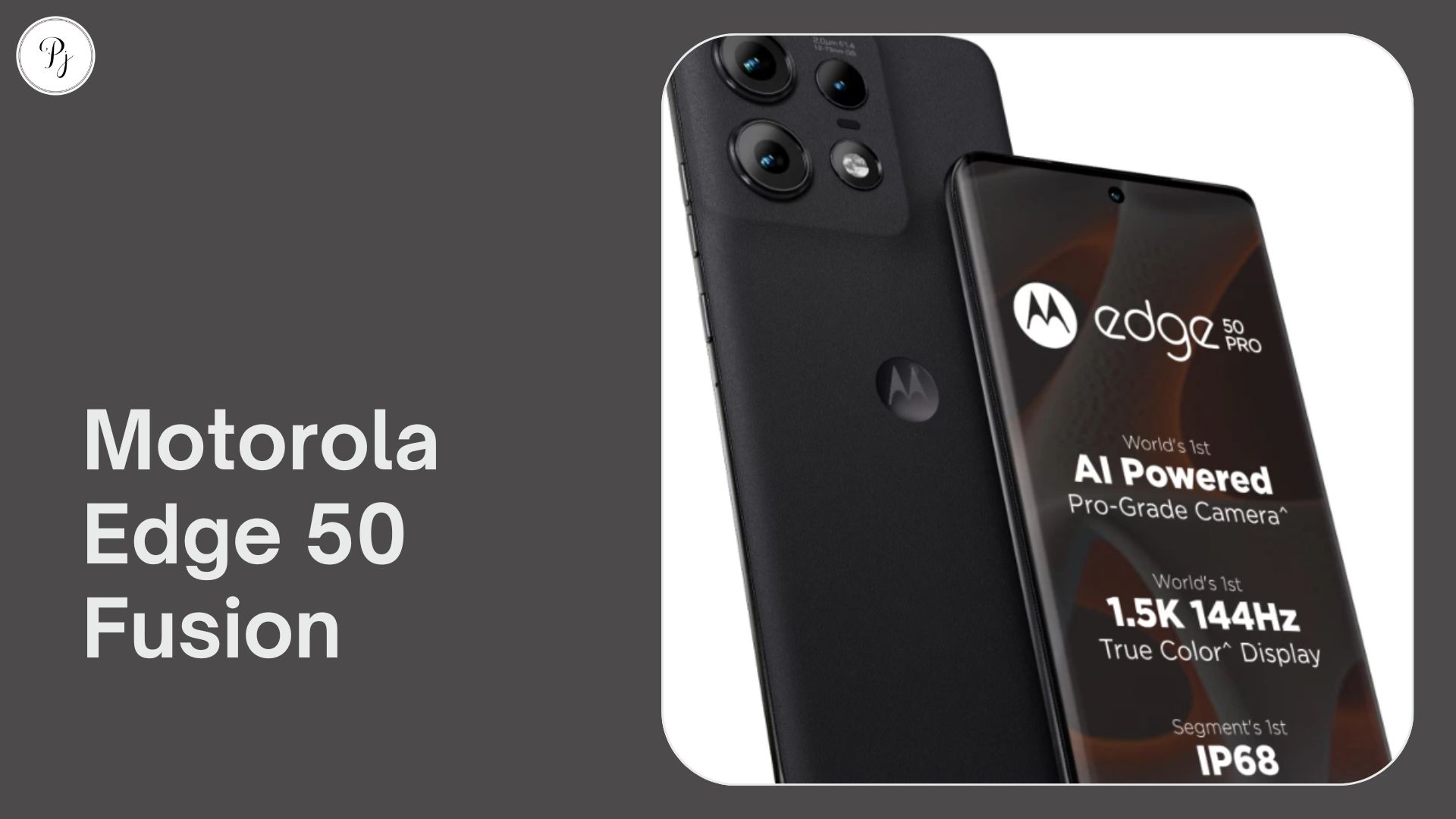In this digital age, where smartphones have become an integral part of our lives, the choice of a mobile processor can significantly impact our daily experiences. One such remarkable processor that has gained attention and praise is the Exynos 850. Designed to deliver outstanding performance and efficiency, the Exynos 850 has made its mark in the world of mobile technology. In this article, we will explore the features and capabilities of the Exynos 850, shedding light on what makes it a powerhouse in the realm of mobile processors.
What is Exynos 850 and what can it do?
Exynos 850 is an octa-core chipset that Samsung announced on May 15, 2020. It is based on an 8-nanometer process technology, which means it has smaller transistors and lower power consumption than older chips. Here are some of the features and specifications of Exynos 850:
- CPU: It has eight ARM Cortex-A55 CPU cores that clock with up to 2 GHz. These cores can handle basic tasks such as web browsing, social media, messaging, and casual gaming.
- GPU: It has an ARM Mali-G52 GPU that supports graphics-intensive tasks such as gaming and video playback. It can run some popular games such as Call of Duty Mobile, PUBG Mobile, and Genshin Impact at medium to low settings with smooth frame rates.
- RAM and Storage: It supports LPDDR4x RAM and eMMC 5.1 storage formats, which are common in low-end devices.
- Camera: It can handle up to 48MP single camera resolution or 16MP dual camera resolution. It can also record or play Full HD videos at 60 frames per second.
- Display: It supports Full HD+ display resolution (1080×2520 pixels) and various display features such as adaptive brightness, blue light filter, and dark mode.
- Connectivity: It supports various connectivity options such as Wi-Fi 5, Bluetooth 5.0, GPS, GLONASS, Beidou, Galileo, and LTE Cat. 13.
How does Exynos 850 compare to other chipsets?
Exynos 850 is designed for entry-level smartphones that do not require high-end performance or features. However, it still offers a decent performance for its price range. According to some benchmarks, it scores around 195,000 points in AnTuTu 10, which measures CPU, GPU, RAM, and I/O performance in different scenarios.
The table below shows how Exynos 850 compares to other budget-friendly chipsets such as Qualcomm Snapdragon 665 and MediaTek Helio G80, which score around 170,000 and 200,000 points respectively.
| Chipset | AnTuTu Score | Process | CPU | GPU | NPU | 5G |
|---|---|---|---|---|---|---|
| Exynos 850 | ~195,000 | 8nm | Octa-core Cortex-A55 @2GHz | Mali-G52 | No | No |
| Snapdragon 665 | ~170,000 | 11nm | Octa-core Kryo 260 @2GHz | Adreno 610 | Yes | No |
| Helio G80 | ~200,000 | 12nm | Octa-core Cortex-A75/A55 @2GHz | Mali-G52 MC2 | Yes | No |
As you can see from the table, Exynos 850 has some advantages and disadvantages over its competitors.
Some of the advantages are:
- It has a smaller process size (8nm) than Snapdragon 665 (11nm) and Helio G80 (12nm), which means it consumes less power and generates less heat.
- It has a higher clock speed (2GHz) than Snapdragon 665 (2GHz) and Helio G80 (2GHz), which means it can perform faster in some situations.
Some of the disadvantages are:
- It does not have a dedicated neural processing unit (NPU) that can accelerate artificial intelligence (AI) tasks such as face recognition, voice assistant, and camera effects. Both Snapdragon 665 and Helio G80 have an NPU that can enhance these functions.
- It does not support any sort of 5G network, which is becoming more popular and available in many countries. Both Snapdragon 665 and Helio G80 support sub-6GHz bands of 5G network.
Which phones use Exynos 850?
Exynos 850 is mainly used in Samsung’s Galaxy A series and Galaxy M series phones, which are targeted at budget-conscious consumers who want a reliable and functional smartphone. Some of the models that use Exynos 850 are:
- Samsung Galaxy A13: This phone was launched in October 2023 and features a 6.5-inch HD+ display, a quad rear camera setup with a 48MP main sensor, a 13MP selfie camera, a 5000mAh battery with fast charging support, and a side-mounted fingerprint scanner.
- Samsung Galaxy A21s: This phone was launched in June 2020 and features a 6.5-inch HD+ display, a quad rear camera setup with a 48MP main sensor, a 13MP selfie camera, a 5000mAh battery with fast charging support, and a rear-mounted fingerprint scanner.
- Samsung Galaxy F12: This phone was launched in April 2021 and features a 6.5-inch HD+ display with a 90Hz refresh rate, a quad rear camera setup with a 48MP main sensor, an 8MP selfie camera, a 6000mAh battery with fast charging support, and a side-mounted fingerprint scanner.
Conclusion
Exynos 850 is a good choice for users who are looking for an affordable and reliable smartphone that can meet their basic needs. It is based on an 8nm process technology that reduces power consumption and heat generation. It has eight Cortex-A55 CPU cores and a Mali-G52 GPU that can handle basic tasks such as web browsing, social media, messaging, and casual gaming. It also supports various features such as Full HD+ display resolution, up to 48MP camera resolution, Full HD video recording and playback, and LTE connectivity.
However, Exynos 850 also has some limitations such as a lack of support for 5G network and AI acceleration. It may not be suitable for users who want faster speed or more advanced functions from their smartphones. It may also lag behind the competition as newer and better chipsets are released in the market.
Frequently Asked Questions (FAQs)
- Is the Exynos 850 only used in Samsung devices?
No, the Exynos 850 is available for use by various smartphone manufacturers.
- What sets the Exynos 850 apart from other processors in its class?
Its balance between performance and power efficiency, AI capabilities, and camera enhancements make it stand out.
- Is the Exynos 850 suitable for gaming?
It offers excellent gaming performance.
- How does the Exynos 850 contribute to device security?
It includes biometric solutions and integrates Samsung’s Knox security platform.
- Can I expect future software updates and optimizations for the Exynos 850?
Yes, Samsung is committed to providing ongoing software support and optimizations for its processors.
The Exynos 850 is more than just a processor; it’s a gateway to an enhanced mobile experience. Consider it for your next smartphone and stay at the forefront of technology.





